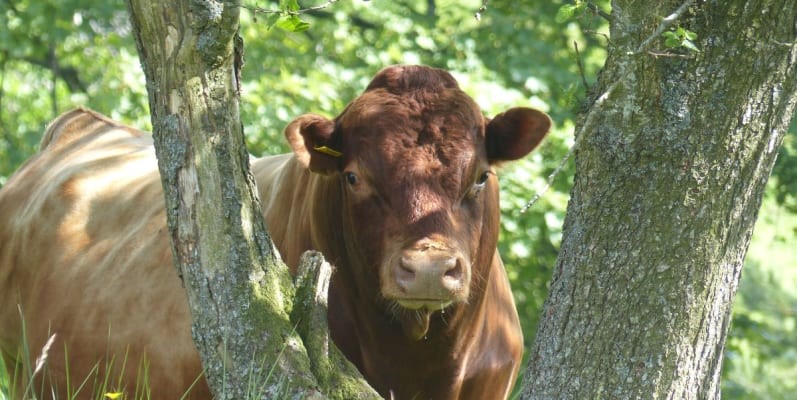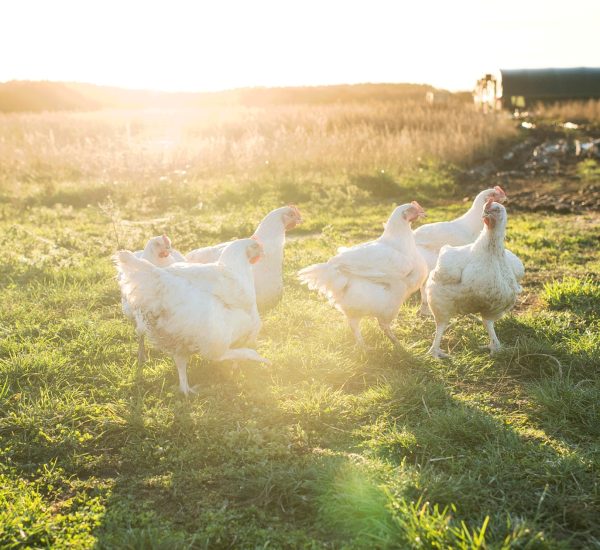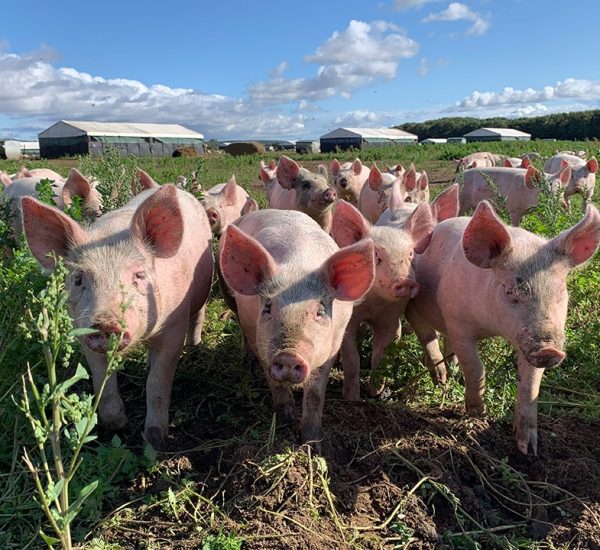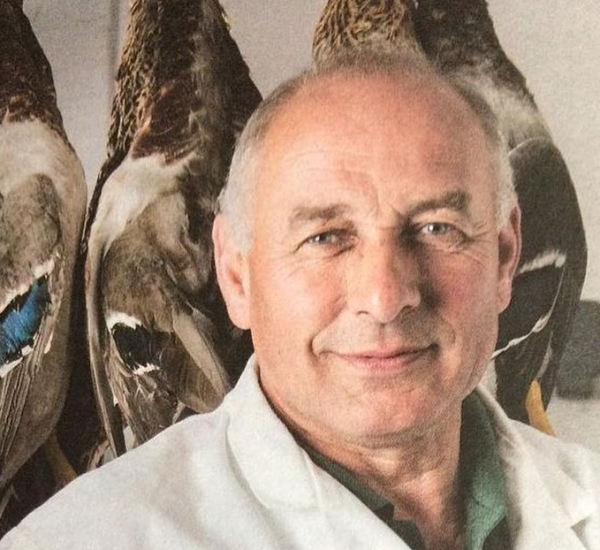Chef’s champion Dexter beef as having outstanding quality and flavour, with good marbling and this has helped a resurgence of the breed which was once endangered. The smallest British cattle breed, in fact about half the size of modern commercial cattle, Dexter beef is now popular with consumers because of the excellent eating quality of small, trim cuts and joints.

Grass fed, Dexter beef can mature relatively quickly on a natural diet of grass alone, without supplementary feeding. This makes it ‘healthy beef’ containing abundant levels of fatty acids which are beneficial to human health.
The Dexter breed has Irish roots, originating in Tipperary in 1750, when a Mr Dexter developed the breed by selecting the best of the hardy mountain cattle of the area descended from the ancient black cattle of the early Celts. Dexter cattle were first introduced into England in 1882, when ten Dexters were purchased by Mr. Sutton of Oxfordshire from Mr. Robertson of Dublin.
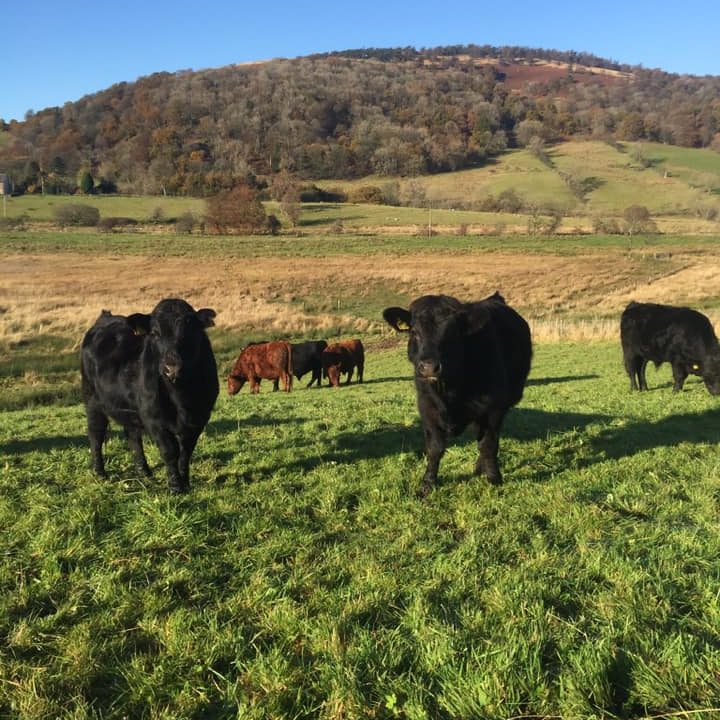
Today our Dexter Beef comes from cattle born, bred and reared at Old Stoddach Farm, a 210 acre upland Cumbrian farm owned by Jane & Peter who run everything themselves for full traceability. They keep Dexter’s because their small stature and hardy nature means it is well suited to grazing the Lakeland Fells and permanent natural pasture, Dexter’s being a good choice for conservation grazing.
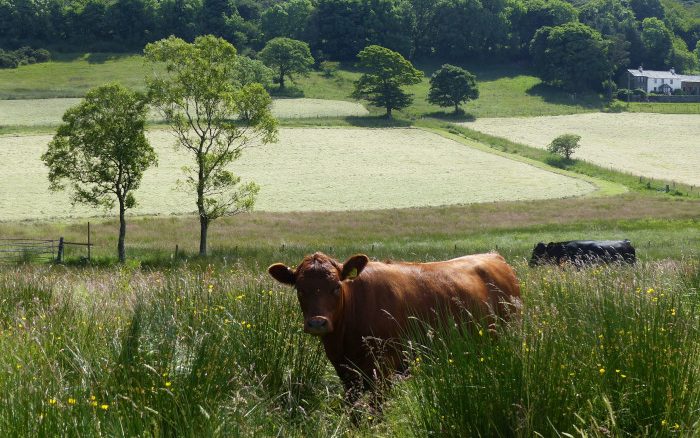
The pastures contain a range of grass species, which is good for livestock, as, like us, animals need a varied diet to keep them healthy. Deep-rooted herbs, wildflowers and even plants sometimes considered ‘weeds’ are an essential part of the pasture mixes, contributing essential minerals and trace elements.
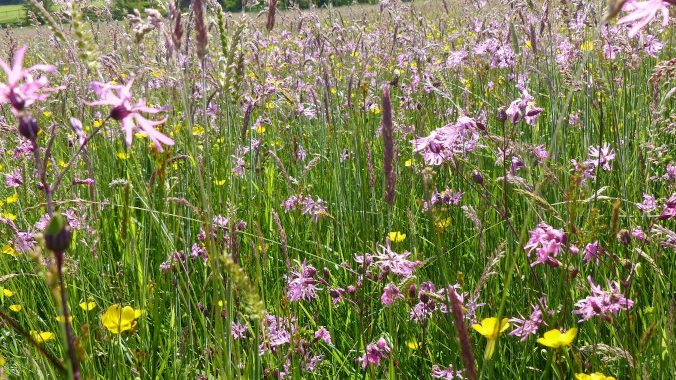
The Dexter is a dual-purpose breed, producing excellent meat as well as good quantities of quality milk, Jane & Peter don’t milk their cows so the calves get the benefit from their mothers milk for at least 6 months.

As well as grazing the varied pastures during the summer the Dexter cattle are fed hay made on the farm during the winter rather than being more intensively reared on a cereal-based ration. This means that they grow more slowly and are older than more commercially reared meat animals when they’re ready for slaughter. Jane & Peter take their animals to a local abattoir and then the carcasses are traditionally hung to enhance by dry ageing for a minimum of 3 weeks in their butchery unit on the farm.
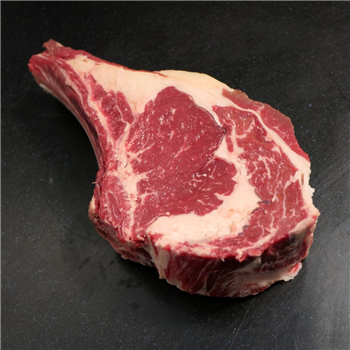
The resulting meat is beef like it used to taste, with a fine marbling of fat and wonderful flavour.
Jane & Peter rear their Dexter Cattle to the following principles:
- To farm sustainably and minimise farming inputs
- To provide a stress-free environment for their livestock in which they can thrive
- To produce high quality meat with the smallest carbon footprint

